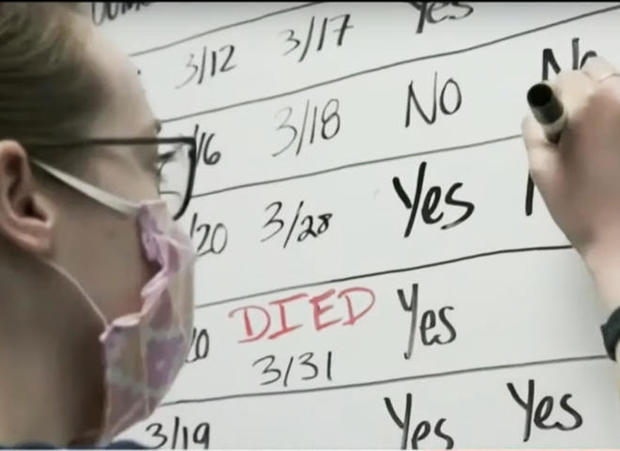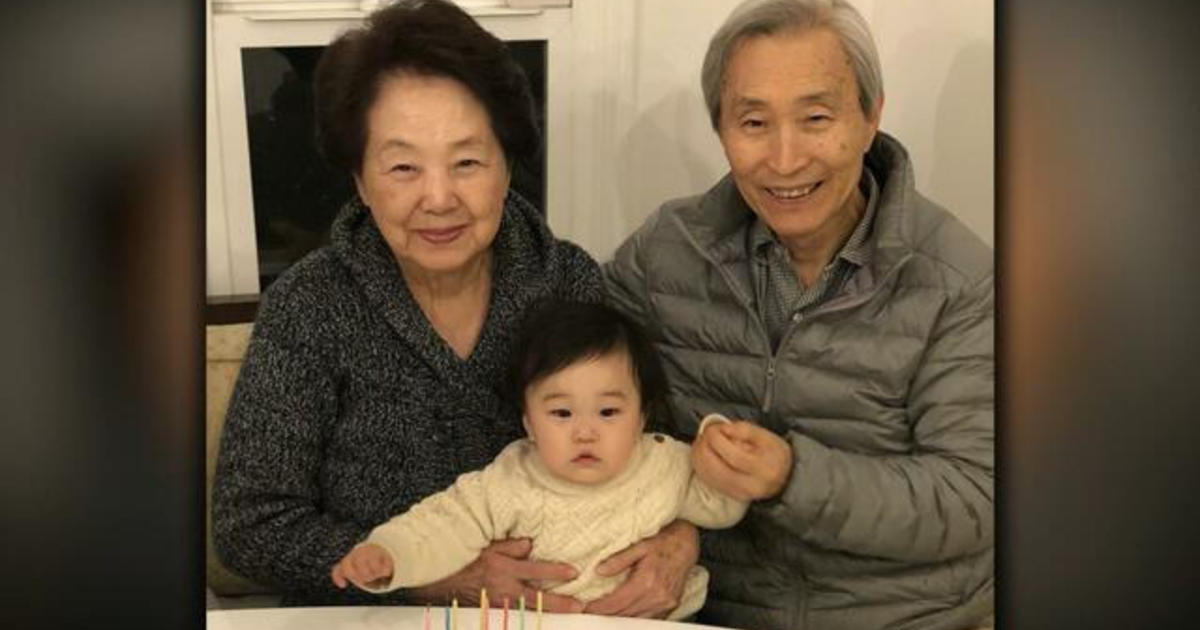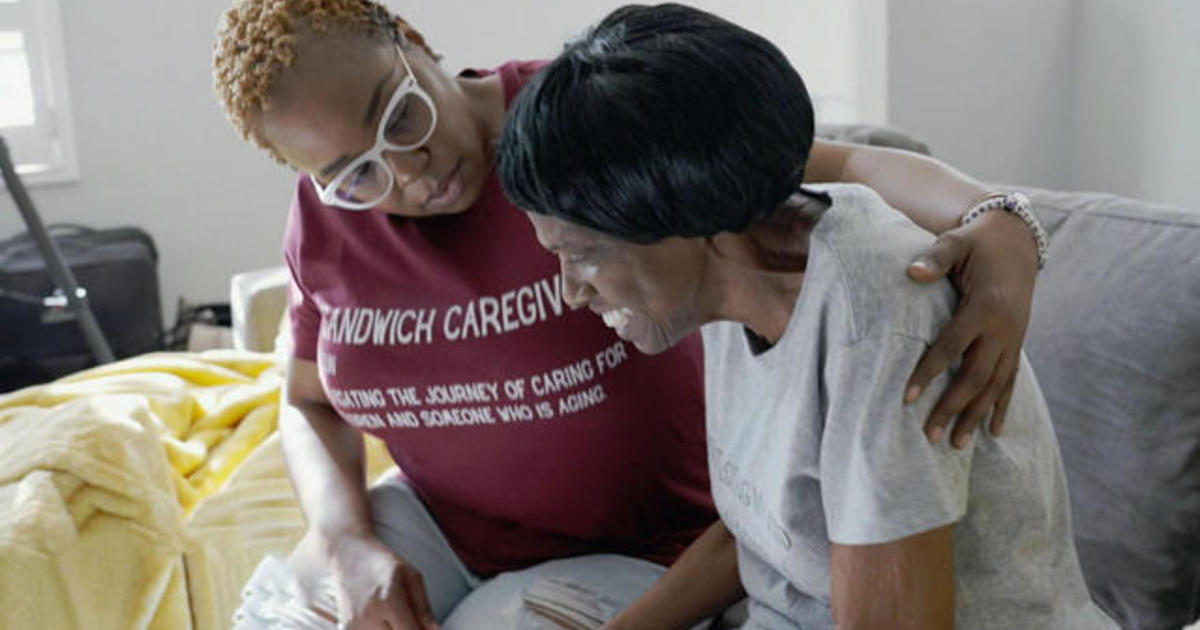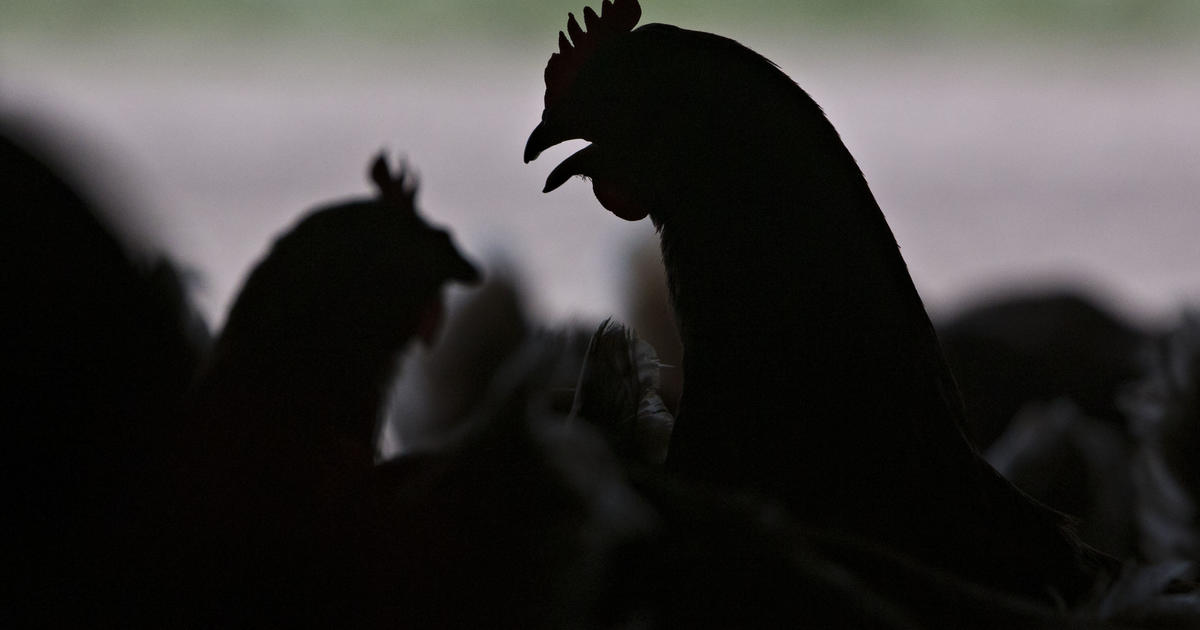Contact tracing efforts expand nationwide to track spreading virus, but will it be a "hard sell"?
Success in the fight against the coronavirus may depend in part on two things: learning who has the disease, and who could get it.
Health officials use a method called contact tracing to find out who infected patients may have met. After a person who tests positive tells the health department with whom they've been in contact, the health department then alerts those people and asks them to monitor their symptoms and to quarantine if needed.
Right now it is up to city, county and state health departments to coordinate efforts. Health departments are expanding their rosters of tracers, and some of the world's biggest tech companies have also stepped in to help.
In Salt Lake County, which has more than half of Utah's 3,000-plus COVID-19 cases, they're aggressively stepping up contact tracing. "We know it's important to not just know who the positive cases [are], but who, in an infectious disease, they have been in contact with," said Gary Edwards, executive director of Salt Lake County Health Department.
CBS News national correspondent Jericka Duncan asked, "Are you testing people in the house as well when you know that someone has tested positive for COVID-19?"
"If it is a household, we do want those families tested, yes, because that has been especially close contacts," Edwards replied.
Contact tracing is expanding across the country.
Rhode Island Governor Gina Raimondo asked everyone in the state to keep a personal log of whom they've encountered.
Massachusetts is investing $44 million to hire and train more tracers.
And in San Francisco, with more than 1,000 cases, and at least 20 deaths, health care officials use text messaging to communicate with people who've tested positive, and their close contacts most at risk.
Dr. Mike Reid, of the San Francisco Department of Public Health, said, "For every new case there are 3-5 close contacts."
The department is calling on everyone from medical students to librarians to help them with contact tracing.
"The reason we're training people now is so that we're ready 3, 4, 5 weeks' time, whenever the decision is made to end shelter-in-place," Reid said.
Tech companies are also preparing.
Apple and Google recently announced a joint plan to create software for iPhones and Androids that will allow them to keep a record of every other phone they've come in close contact with. The tracking is voluntary.
"Your phone will know what other phones you have been near for a period of time," said Dan Ackerman, senior managing editor for CNET. "Then if you, let's say, test positive, and you alert the system, it will go and find all of the phones that you have been near over the last 14 days.
"Of course, there's a lot of issues with that. Just because your phone is within Bluetooth range of another phone doesn't mean you were necessarily in communicable disease range of somebody."
"Americans love their apps, but they also love their privacy," said Duncan.
"When you think about tracking and tracing, all news over the last several years has been negative," Ackerman said. "Now, they're trying to shift it into something being for a greater public good, it may be a hard sell."
South Korea has also used smartphones to trace the spread of the virus, but that effort is mandatory, not voluntary.
Also important: contact tracers will never ask for your Social Security number, your financial information, or your immigration status.




